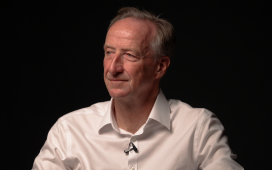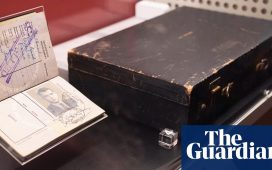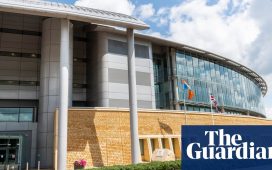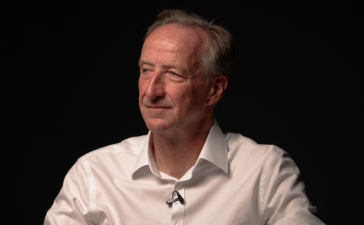The British government is to hold an independent statutory inquiry into the 1998 Omagh bombing, the single deadliest atrocity of the Northern Ireland Troubles.
Chris Heaton-Harris told the House of Commons on Thursday that he intended to establish an inquiry into the attack that claimed 29 lives and injured hundreds in the County Tyrone market town on 15 August 1998.
The Northern Ireland secretary’s announcement followed a high court judgment in 2021 that the security forces might have been able to thwart the bombing by the Real IRA, a republican dissident group.
“I believe that an independent statutory inquiry is the most appropriate form of further investigation to address the grounds identified by the court,” Heaton-Harris said.
He thanked victims and survivors – many of whom campaigned for an inquiry – for their patience while he weighed “sensitive, complex and technical factors”. The bombing was a horrific terrorist atrocity that inflicted untold damage on the families of those killed and injured, said the minister. “Its impact was felt not just in Northern Ireland, but across the world.”
The inquiry is to have a narrow remit that will focus on four areas: the handling and sharing of intelligence; the use of cell phone analysis; whether there was advance knowledge of the attack; whether security forces could have disrupted the attack.
It will have powers provided by the Inquiries Act 2005, including the ability to compel the production of all relevant materials and witnesses, and take evidence under oath, Heaton-Harris said. The inquiry’s chairperson will decide how public it will be.
The secretary of state said he had a “very sobering experience” in December when he met bereaved families in Omagh and visited the site of the bombing and a memorial garden.
Unionist and nationalist politicians welcomed the inquiry. “The opportunity for both truth and justice is something that should never be denied to anyone who has suffered at the hands of terrorists,” said Emma Little-Pengelly, a Democratic Unionist party (DUP) assembly member.
“The people of Omagh deserve answers and I hope that this announcement brings that closer,” said Daniel McCrossan, an assembly member for the Social Democratic and Labour party (SDLP).
The Real IRA detonated the car bomb four months after the Good Friday agreement supposedly drew a line under the Troubles. One of the dead was a woman pregnant with twins. No one has been convicted for the crime, though in 2009 four Real IRA leaders were found liable in a landmark civil case.
It emerged that on 4 August, 11 days before the bomb, an anonymous warning to the Royal Ulster Constabulary warned of an “unspecified” attack on police in Omagh on 15 August.
A police ombudsman investigation found that the RUC’s special branch took limited action and did not send a threat warning to the sub-divisional commander in Omagh.
Michael Gallagher, whose son Aiden was one of the dead, brought a judicial review that led to the 2021 high court ruling by Mr Justice Horner. The judge urged authorities in the Republic of Ireland – where the attack was planned – to act alongside British counterparts.
Heaton-Harris told the Commons he could not compel the Irish government to open its own investigation but expressed hope for cooperation. “I know that both sides are wanting to do the best by all the people that we represent.”
Micheál Martin, Ireland’s foreign minister, welcomed the announcement of the inquiry and said Dublin would await its terms of reference. “I look forward to receiving that detail and then consulting with my cabinet colleagues, in particular the minister for justice, about the next steps.”
The inquiry goes against the grain of the British government’s attempts to shut down inquests and other investigations with a so-called Troubles “legacy” bill. However, the bombing falls outside the scope of the legislation as it happened after the Good Friday agreement.
Not all the bereaved in Omagh want an inquiry. Some worry that scrutiny on the police and intelligence services will deflect blame from the bombers and that it will suck up resources better spent on financial assistance for the injured.











